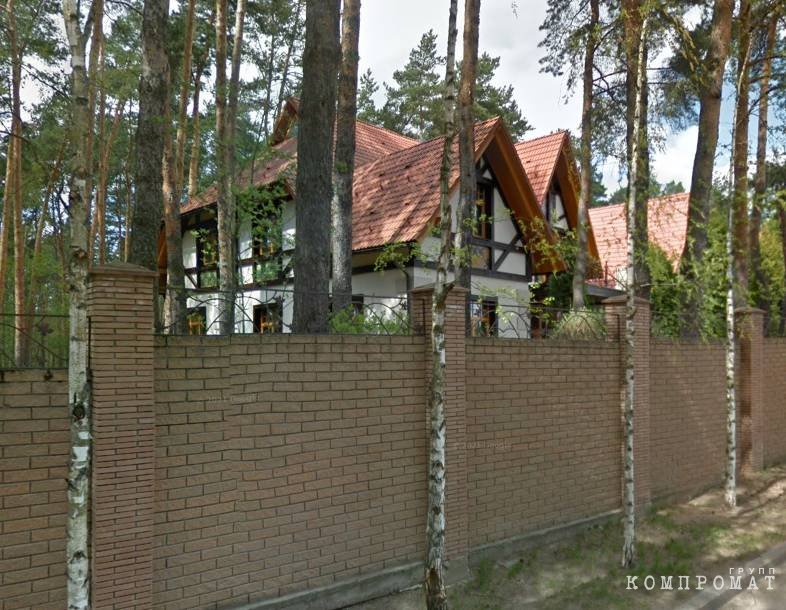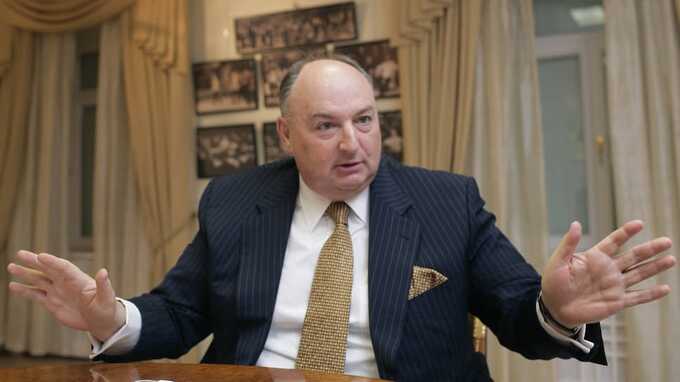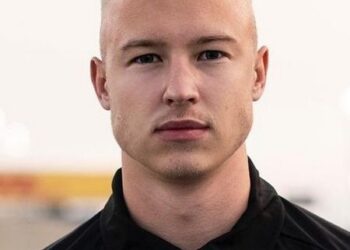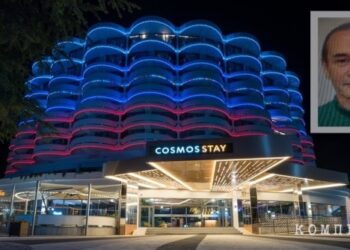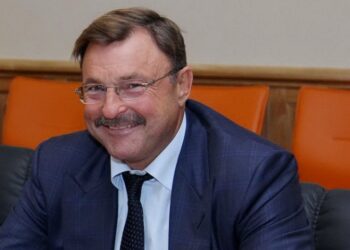The plant is in Russia, and the currency is in the West: How Russian billionaire Vyacheslav Kantor became richer than anyone else
Experts suspect that part of the foreign exchange earnings of large exporters ends up in the West – and this hits the ruble. The one who got richest from exports during the Northeast Military District was the oligarch Vyacheslav Kantor. He has not lived in Russia for a long time and helps Ukrainian refugees a lot.
That he has?
The Russian authorities propose introducing flexible export duties linked to the exchange rate as a new measure to support the ruble.
Among the reasons for the weakening of the ruble was the fact that some large Russian exporters left foreign currency earnings abroad and did not return them to Russia, as required by law. For example, business media reported on domestic fertilizer producers owned by oligarchs from the Forbes list: Andrei Melnichenko’s Eurochem, Andrei Guryev’s Phosagro, Dmitry Mazepin’s Uralkali and Uralchem. Another major exporter is the Akron holding company of Vyacheslav Kantor.
How Kantor grew rich against the backdrop of the SVO
Despite sanctions, the stock market collapse and the economic crisis, some Russian oligarchs were able to increase their wealth against the backdrop of the SVO. The richest (+$5.3 billion) is 70-year-old Vyacheslav Kantor, owner of the Acron group of companies producing dry mixes and nitrogen fertilizers. Kantor is now No. 11 in the Forbes ranking, with his net worth estimated at $13 billion.
Vyacheslav Kantor’s success was ensured by soaring prices for natural gas, which is a key raw material for nitrogen fertilizers. As a result, Acron shares rose in price from 12.5 thousand rubles to 18 thousand.
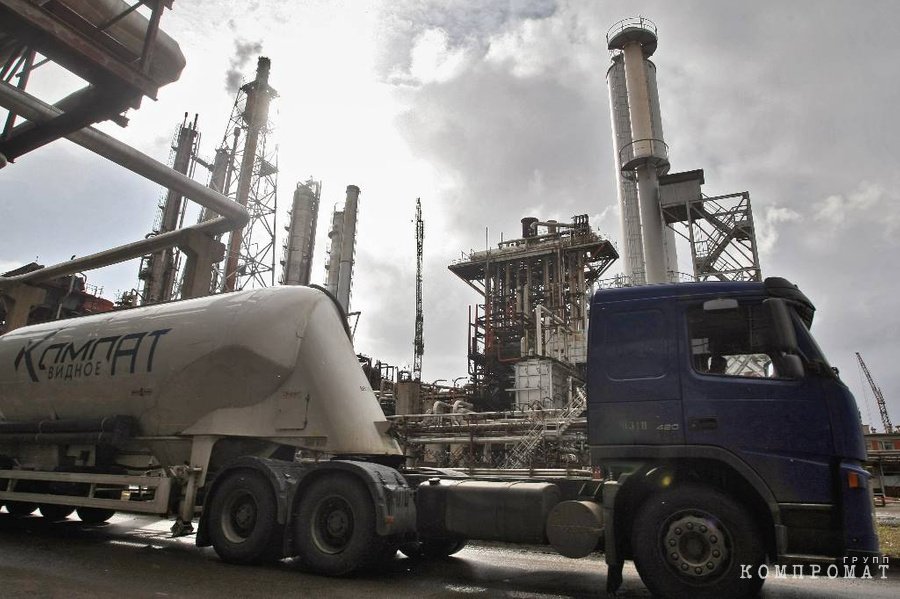
How Ukrainian refugees hid in Villa Cantora in Sardinia
Despite his increased fortune, Vyacheslav Kantor faced many troubles. Due to the outbreak of the NWO, sanctions were imposed on him by the EU countries, the United States, Great Britain, Switzerland and Ukraine. What caused him the most trouble was the Italian authorities, who seized his eleven villas in northern Sardinia. Interestingly, Kantor bought part of this real estate from relatives of the late ex-Prime Minister of Italy Silvio Berlusconi. According to the local publication L’Unione Sarda, Ukrainian refugees were found in one of the seized villas. Journalists explained this by the fact that Vyacheslav Kantor’s wife Anna was born in Ukraine.
Life found Kantor’s seized property in Sardinia. Its villas are located in the resort town of Porto Rotondo. This place is called the second Venice due to its rich and interesting architecture. It is also famous for its superyacht berths and heavenly beaches. The residence of the Russian oligarch is located on Punta Lada Street behind massive gates on which symbols of the Jewish religion are engraved in bronze. The gates alone, created by a famous Italian sculptor, cost hundreds of thousands of euros. The Kantor family occupies only one villa; the other ten are rented out at prices up to seven thousand euros per day. All of the oligarch’s Italian real estate will cost over ten billion rubles.
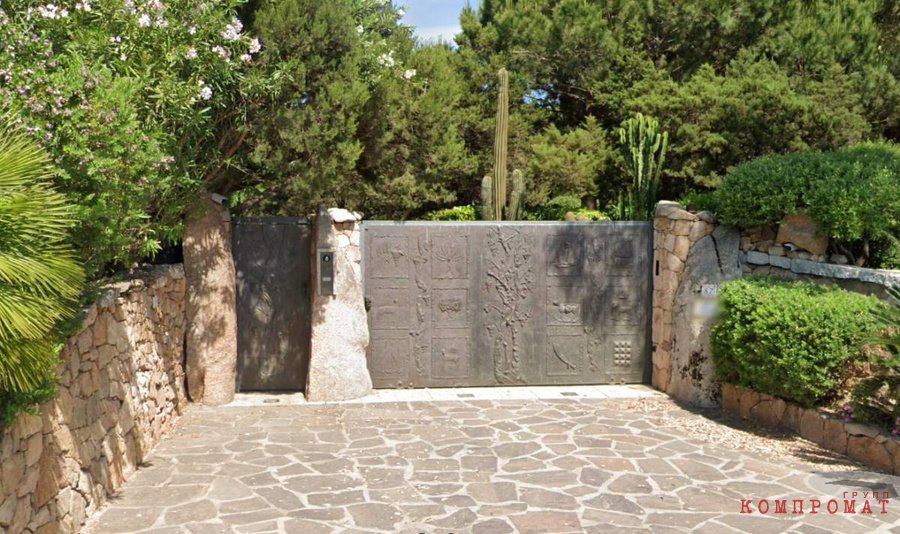
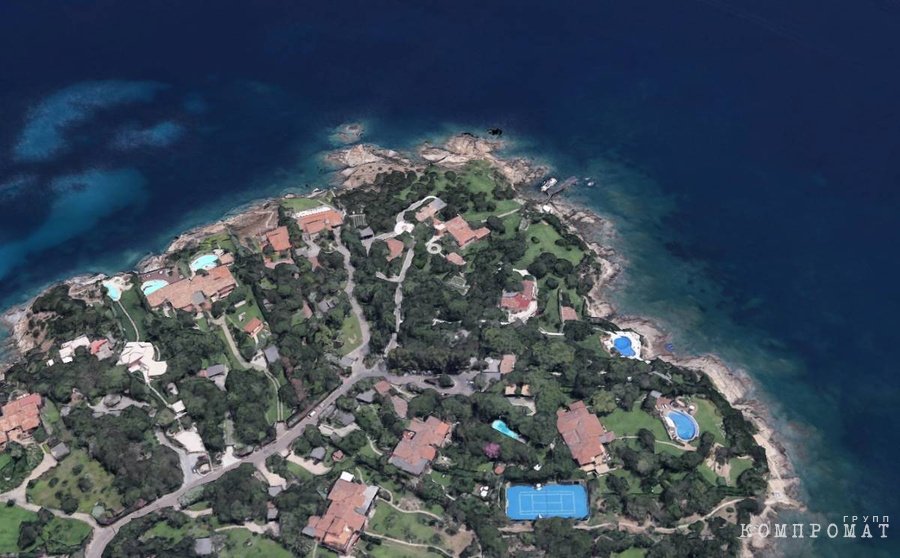
The Polish authorities are creating a lot of problems for Kantor. They launched the process of seizing securities that allowed the oligarch to own the local company Azoty. A forced control mechanism has already been applied to it. But Poland will have to compensate for all losses caused to Vyacheslav Kantor – these are the laws of this country.
Did the British and Swiss feel sorry for Kantor?
We haven’t heard anything about the arrests of Vyacheslav Kantor’s Geneva and London real estate. Most likely, he continues to use it for his own pleasure. Perhaps the West made concessions to the billionaire because he sent humanitarian aid (food, medicine) to refugees from Ukraine through his structures.
The other day, Ukrainian journalists photographed the house of Vyacheslav Kantor near London. Probably, this property was chosen by the oligarch’s eldest son Vladimir and his wife Daria to live. The oligarch’s daughter-in-law recently gave an interview in which she talked about her favorite places in the capital of England. She is the creator of a fitness application with a legal entity in London. Until recently, the director there was Vladimir Kantor, who, according to the latest data, is still listed as a top manager of his father’s Akron.
Let us note that the British foundations of Vyacheslav Kantor, where the accounts are now frozen, managed to donate about $10 million to the King Edward VII Hospital in London, which is traditionally used by the royal family.
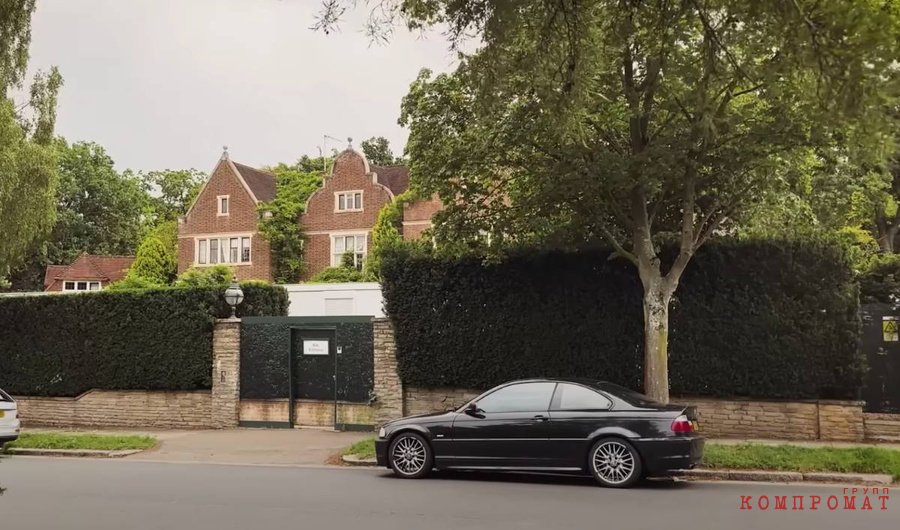
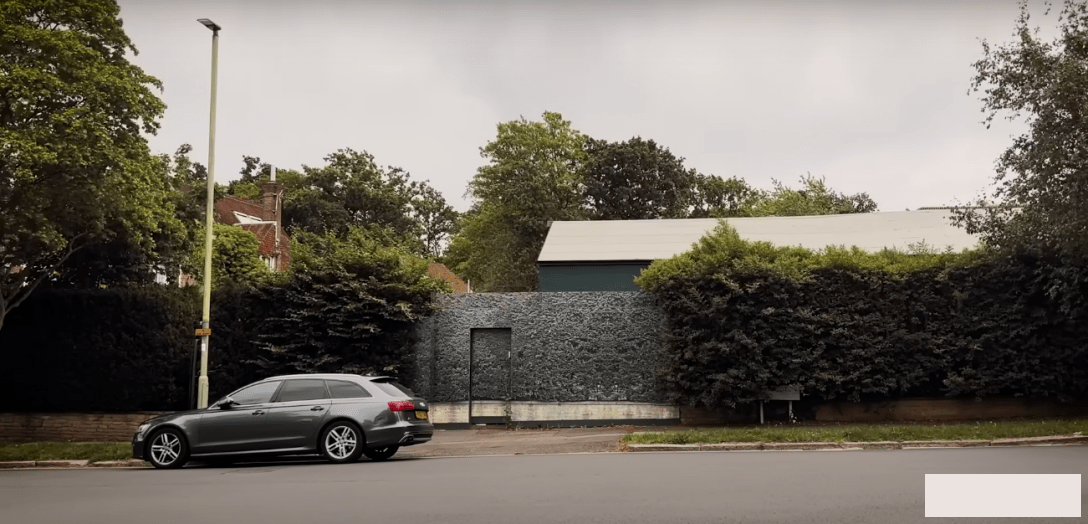
Vyacheslav Kantor remains the owner of an ultra-modern chalet near Geneva on Ruthe Street on a hill, which offers stunning views of the picturesque Lake Geneva. When this house was being built, the neighbors were alarmed: such large-scale work was underway right next to them. “It’s like they were building a palace for a pharaoh!” – Klaus Schwab, the founder of the World Economic Forum in Davos, who lives opposite, said in his hearts. Vyacheslav Kantor’s chalet, according to journalists who visited there, is more like a museum. Inside there is a huge swimming pool, a spacious underground garage and a secret tunnel leading to the landscaped garden.
Local reporters photographed how this chalet was recently visited by someone similar to Alexey Kavilin, a citizen of Ukraine, who in 2016–2019 headed the Main Directorate of the State Fiscal Service in the Kyiv region. Kavilin is the son-in-law of Ukrainian politician Yevgeny Chervonenko.
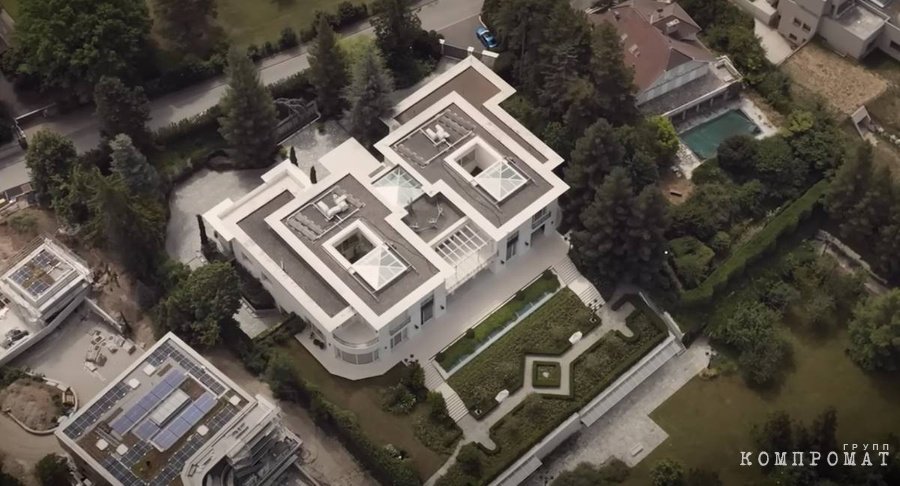
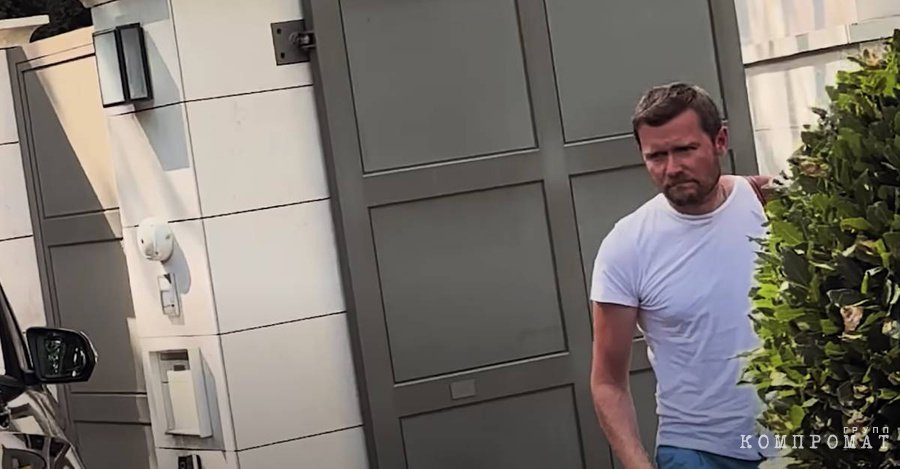
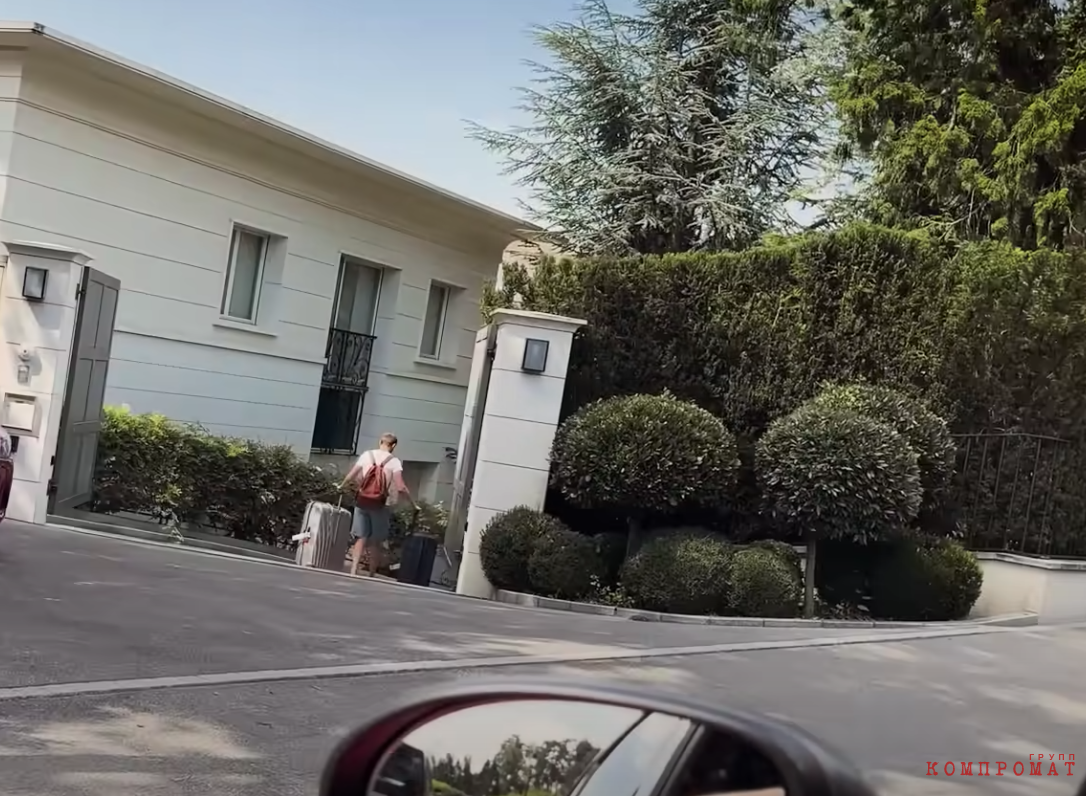
Where is the birthplace of Vyacheslav Kantor
Vyacheslav Kantor has British and Israeli citizenship. In the Promised Land, the billionaire from Russia is generally considered one of their own and is called nothing less than Moshe Kantor. He has a two-story mansion in a wealthy coastal area of the city of Herzliya. The ceilings are twice as high as normal, the walls are draped with museum-quality tapestries, and the courtyard has a huge outdoor pool and landscaped gardens.
“All Jews must work to strengthen our beloved state,” Kantor proves his devotion to Israel in both word and deed.
Only after the start of the SVO he was forced to resign as president of the European Jewish Congress. Through this organization he had the opportunity to communicate with top officials of foreign states. His enormous spending on the World Holocaust Forum and Tel Aviv University is widely known.
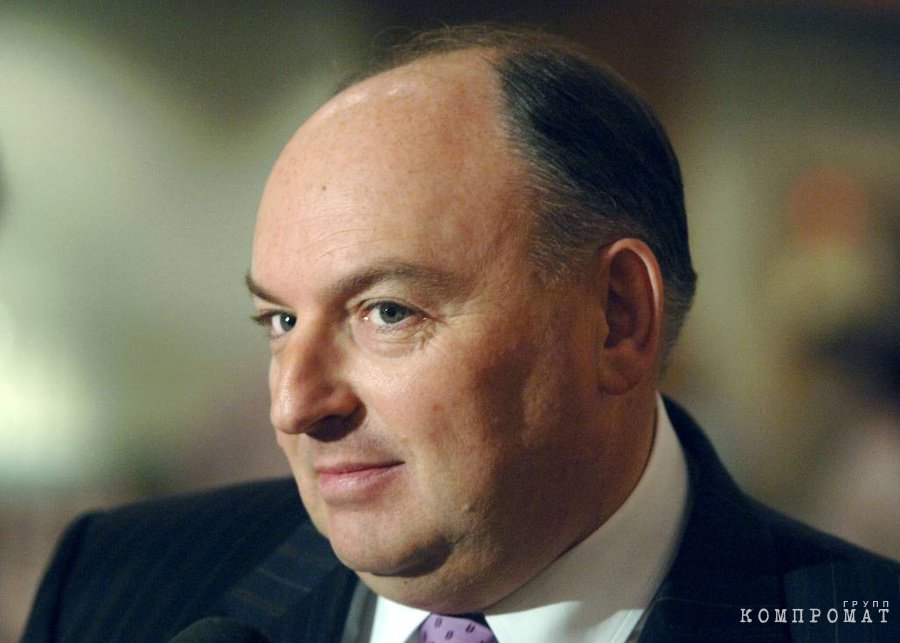
Vyacheslav Kantor has not lived in Russia for a long time. According to the official biography, he was born in Moscow and graduated from the local aviation institute. His family, apparently, was wealthy. My father is from Zaporozhye, at one time he headed the capital’s Sokolniki department store.
On the eve of perestroika, Vyacheslav Kantor was lucky to take a bread position. In 1989, he headed the Soviet-American company Intelmas, which monitored one of the largest chemical enterprises in the USSR – Azot in Veliky Novgorod – and eventually privatized it. On the basis of the Soviet Azot, Kantor built his private holding company Akron. Having become rich around 1993, the billionaire moved to Geneva, then lived in London, Herzliya and Sardinia.
Apart from the Akron holding, Vyacheslav Kantor has little left in his homeland. He still owns the capital’s Museum of Avant-Garde Art with a collection of paintings worth about $500 million. His last residence in Moscow is a modest panel near Sokolniki Park.
According to the old SPARK databases, his family may have a couple of estates on Rublyovka worth hundreds of millions of rubles.
